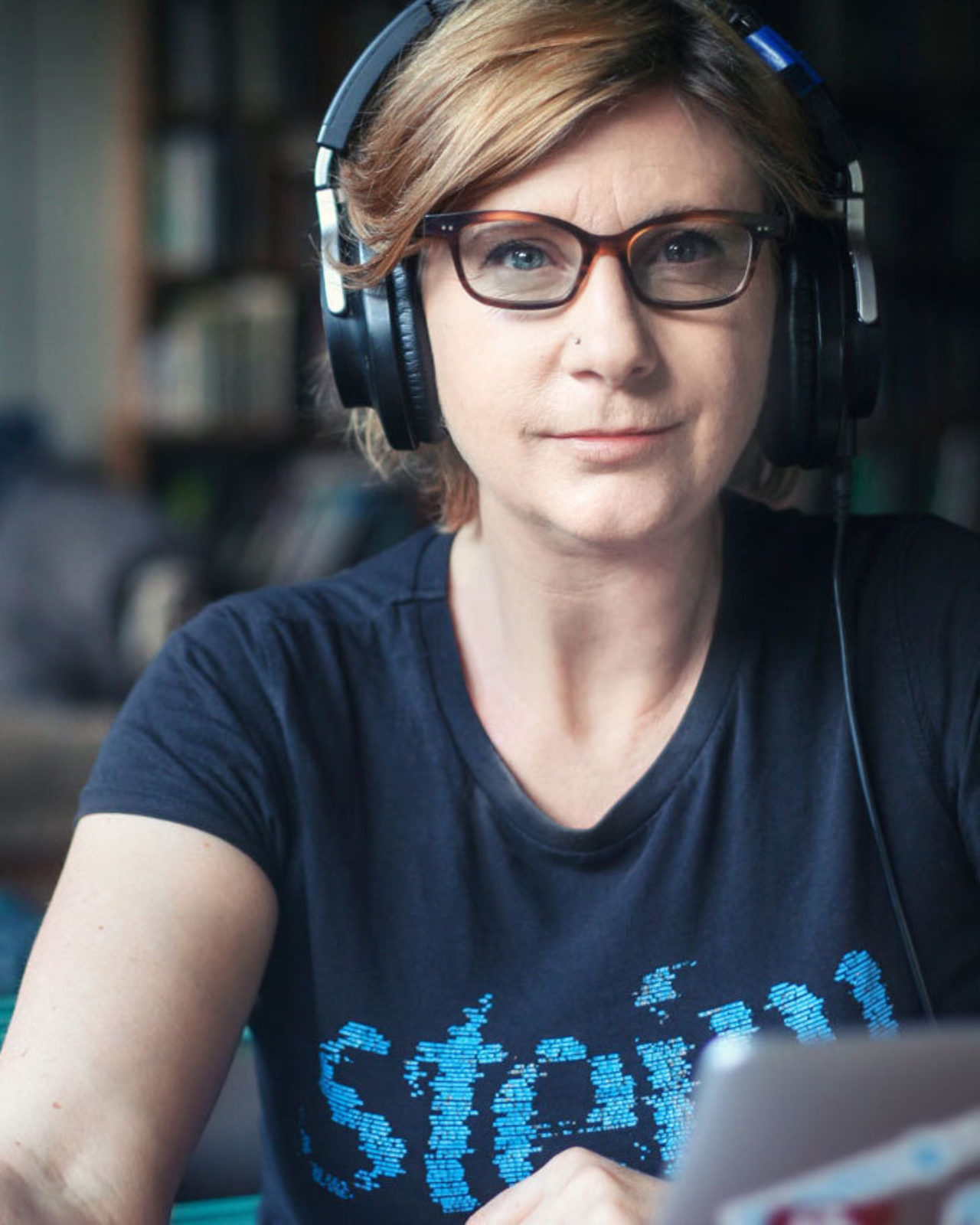Networked Music Performance workshop proposal
As we’ve all come to find out, navigating the Internet as artists and learners means we must address latencies, instabilities, technical anxieties, multiple locations, and multiple authors. Performing together over the Internet disrupts our ability to achieve precise musical synchronisation—a disruption which is further exacerbated by the absences and fragmentations of the vital information that we traditionally rely on and communicate to each other to obtain musical synchronisation and flow. Until March 2020, networked music performance was widely assumed to be a future genre, for when network latencies and throughput improves, or one that has been reserved for the high-end heavily-optimised networks afforded by institutions and not individuals, or one that has been reserved for improvisatory or aleatoric composition and performance techniques. Now, suddenly, we have a new need for all us to consider braving the limitations of the network in order to create environments in which new approaches to music performance can be reconsidered, where the performative constraints of networked music performance can be manipulated for entirely new forms of musical discovery, and new investigations where the development of both technology and music can make audible the traces of the network, and make obvious the distance between us. The unstable latency, the uncertain asynchronous arrival of audio transmission over the public Internet—even the frustration of getting Internet music technology to work—challenges us to embrace the medium with all its flaws and search for new paths of communication. When we do so, networked music performance offers an incredibly rich wealth of emerging potential for new aesthetic compositional approaches in all the time-based arts.
During this class we will explore approaches and origins of network music to this day, and present current technical and creative performance problems. We will investigate solutions on both technological and musical levels. First, technically, this involves taking an in-depth view of how networks and sound transmission technologies work, how they are designed and how we can build them ourselves—information in itself that is useful to today’s composer and sonic artist who must be able to connect sound-making components both synchronously and asynchronously the internet. Secondly, musically, we will take a pragmatic approach to what the technical constraints mean for musical aesthetics: how does network technology allow us to be creative and with what variables and playability? What kind of new musics can we imagine? We will go in-depth with data- and sound-transmission software and methods to construct real-time, multi-dimensional performances. You will quickly have sufficient knowledge to construct your own networked music performance projects, and be able to work with high-quality sound and information sources from multiple locations, and understand and embrace how multiple versions of a composition can exist simultaneously in those locations, and be able to take advantage of how the Internet affects our listening and performance experiences.
About Rebekah:
Rebekah Wilson is an independent researcher, programmer and composer based in Amsterdam. Her current focus is in the field of networked music performance with a specific interest in performing over the public Internet where unreliability and latency is a tool to be harnessed. Her theoretical work questions what it means to be present and the ways in which we can digitally manifest our presence. She holds a Masters in Composition from the New Zealand School of Music in Wellington, New Zealand, is a research associate at STEIM, and is the director for the networked sound/remote-recording company Source Elements based in Chicago. She lectures extensively on the topic of networked music performance and remote real-time collaborative systems and has performed as an electroacoustic artist in festivals and venues including Sonar Barcelona, Transmediale Berlin, Ars Electronica Linz, City of Women Ljubljana, DOM Moscow, Audio Foundation Auckland and many more.
